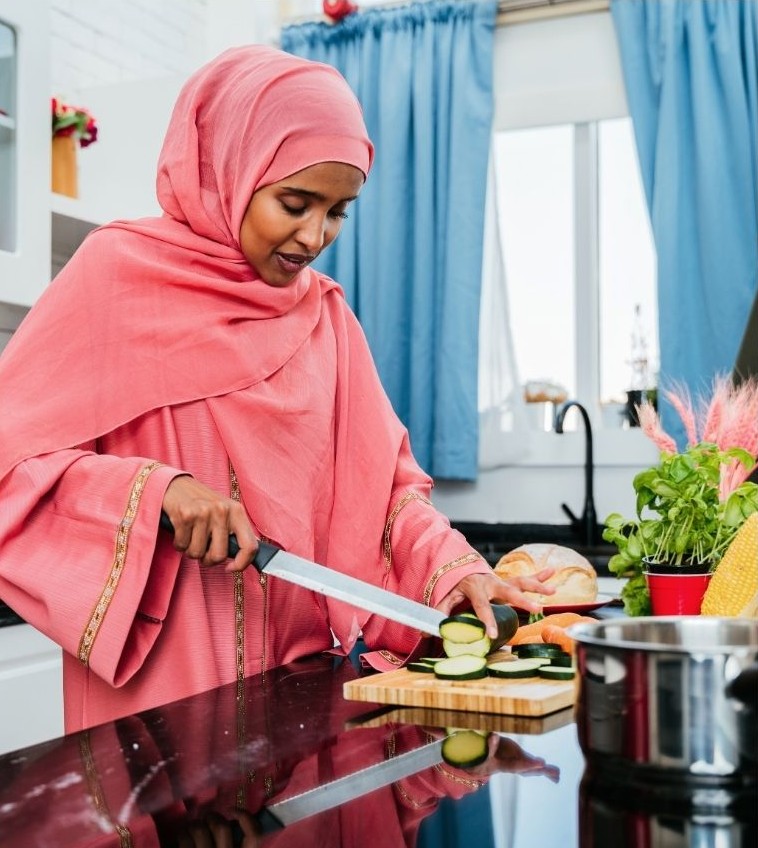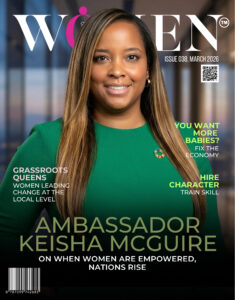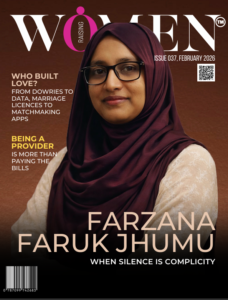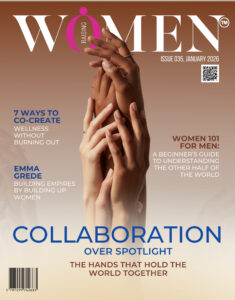By Daniel Agusi
Ramadan, the holiest month in Islam, is a time of fasting, prayer, reflection, and community. However, an unusual trend resurfaces each year: the so-called “Ramadan wife hunting.” This refers to Muslim men actively seeking wives during Ramadan and not necessarily for companionship or spiritual growth, but rather for the convenience of having someone prepare their iftar (the meal to break the fast). While this phenomenon might seem humorous to some, it raises questions about gender roles, societal expectations, and the commodification of marriage.
The Reality of Ramadan Wife Hunting
In many Muslim communities, Ramadan is a time of heightened religious devotion, but it is also a period of increased social activity. Men and women come together for prayers, charity, and communal meals. However, for some men, it has also become an opportunity to find a wife. Specifically, one who can ease the burden of cooking elaborate meals for iftar and suhoor (the pre-dawn meal).
The logic is simple: fasting from dawn to dusk is physically demanding, and after long hours of abstinence, a well-prepared, home-cooked meal is highly desirable. Instead of resorting to restaurant food or self-prepared meals, some men see marriage as a solution. The idea that a wife is primarily responsible for household duties especially cooking still prevails in many cultures, and Ramadan amplifies this expectation.
Social media often fuels the discussion, with posts and memes joking about men suddenly becoming interested in marriage when Ramadan approaches. Conversations in some communities reveal how men become more proactive in matchmaking efforts during this period, with family members, religious leaders, and even dating apps witnessing a surge in activity.
Cultural and Religious Perspectives on Marriage During Ramadan
From a religious perspective, Islam encourages marriage, and Ramadan is indeed a spiritually significant time to make life-changing decisions. Marriage is considered a sacred bond that fosters companionship, love, and mutual support. However, the intention behind marriage is crucial. If a man seeks a wife merely to serve as a personal cook, he risks reducing marriage to a transactional arrangement rather than a meaningful partnership.
Moreover, Islam emphasizes the equal worth of men and women.
The Prophet Muhammad (peace be upon him) was known to assist in household chores, setting an example of shared responsibilities in marriage.
The expectation that women must bear the full weight of domestic duties, especially during Ramadan, contradicts these teachings.
The Burden On Women
For many women, Ramadan is already a demanding time. In addition to fasting, they often take on the responsibility of preparing meals, managing household affairs, and maintaining their spiritual practices. The added pressure of fulfilling a husband’s expectations especially if marriage is rushed for convenience can lead to exhaustion and resentment.
Some women find humor in the “Ramadan wife hunting” trend, sharing memes and jokes about men suddenly appearing in their inboxes with marriage proposals. Others, however, find it frustrating. The assumption that a woman’s primary value in marriage lies in her ability to cook reinforces outdated gender norms.
This trend also puts pressure on single women who may feel that rejecting such proposals could be seen as ungrateful or unwilling to embrace marriage. The cultural expectation that women should prioritize marriage and domestic responsibilities can make it difficult for them to advocate for their own needs and desires.
Changing The Narrative
While the concept of “Ramadan wife hunting” may persist, there is a growing push to challenge traditional expectations. More Muslim women are vocal about the need for equitable partnerships, where both spouses contribute to the household in ways that go beyond outdated gender roles. Men who genuinely seek marriage during Ramadan should reflect on their intentions. Marriage should not be about securing a personal cook for 30 days, but about building a lifelong partnership based on love, respect, and shared responsibilities. Similarly, families and communities can play a role by encouraging more balanced discussions about marriage, emphasizing compatibility and shared values rather than convenience.
Conclusion
Ramadan is a time for self-improvement, reflection, and spiritual renewal. While marriage is a beautiful and encouraged aspect of life, seeking a wife solely for the purpose of cooking iftar meals diminishes its sacred nature. True companionship is built on mutual effort, and the responsibilities of a household should never fall entirely on one partner. The hope is that as conversations around gender roles continue to evolve, marriage in Muslim communities will be viewed as a true partnership, one that extends beyond the kitchen.
“Wishing the Muslim women in our community a Ramadan Mubarak”







